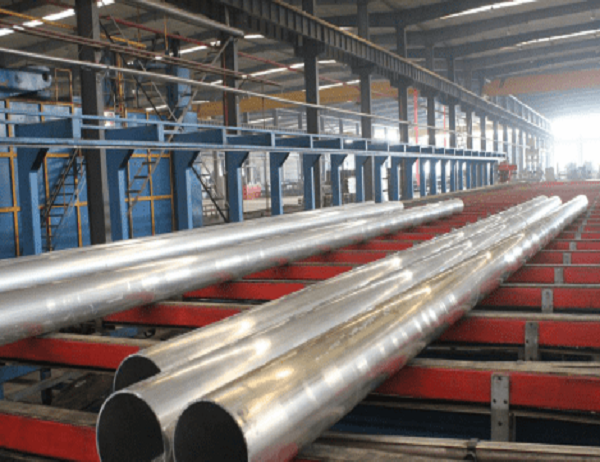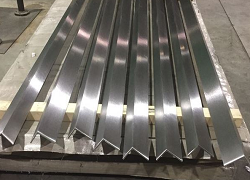Aluminum alloy pipes are increasingly used in lightweight and high-strength applications due to their exceptional properties. This article explores the various benefits of using aluminum alloy pipes in these demanding environments, providing insights into their advantages and versatility.
Aluminum alloys exhibit an impressive strength-to-weight ratio, making them ideal for applications where both strength and weight reduction are critical. This allows designers to create lightweight structures that can withstand substantial loads without compromising stability or performance. Aluminum alloy pipes are particularly well-suited for aerospace, automotive, and military applications, where weight optimization is paramount.
Aluminum forms a protective oxide layer on its surface, which provides excellent corrosion resistance in various environments. This inherent corrosion resistance makes aluminum alloy pipes a preferred choice for applications exposed to moisture, chemicals, or harsh weather conditions. They are commonly used in marine structures, chemical processing equipment, and outdoor architectural components where longevity and durability are essential.
Aluminum alloy pipes offer superior thermal conductivity compared to other materials. This property enables efficient heat transfer, making them suitable for applications involving heat dissipation or cooling. For example, in automotive heat exchangers and electronic enclosures, aluminum alloy pipes help dissipate heat effectively, preventing overheating and ensuring optimal performance.
Aluminum alloy pipes are highly formable and weldable, allowing for complex shapes and intricate designs. This versatility makes them adaptable to a wide range of applications and manufacturing processes. They can be easily bent, extruded, or drawn into specific shapes without compromising their structural integrity. Additionally, aluminum alloy pipes can be readily welded using various techniques, providing secure and reliable connections.
Due to their lightweight nature, aluminum alloy pipes offer potential cost savings in manufacturing and transportation. The reduced weight of aluminum structures results in lower material consumption and shipping costs. Furthermore, the formability and weldability of aluminum alloy pipes simplify manufacturing processes, reducing production time and labor requirements.
Aluminum alloy pipes contribute to environmental sustainability. Aluminum is a recyclable material, and recycling aluminum alloy pipes significantly reduces energy consumption and landfill waste. Additionally, the lightweight properties of aluminum alloy pipes enable fuel efficiency in transportation applications, reducing greenhouse gas emissions.
Aluminum alloy pipes offer a compelling combination of lightweight, high strength, corrosion resistance, and formability. Their unique properties make them an ideal choice for applications in aerospace, automotive, and other demanding industries. By utilizing aluminum alloy pipes, engineers and designers can create innovative solutions that meet the challenges of lightweight and high-strength requirements, while also promoting environmental sustainability and cost optimization.



